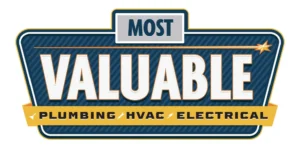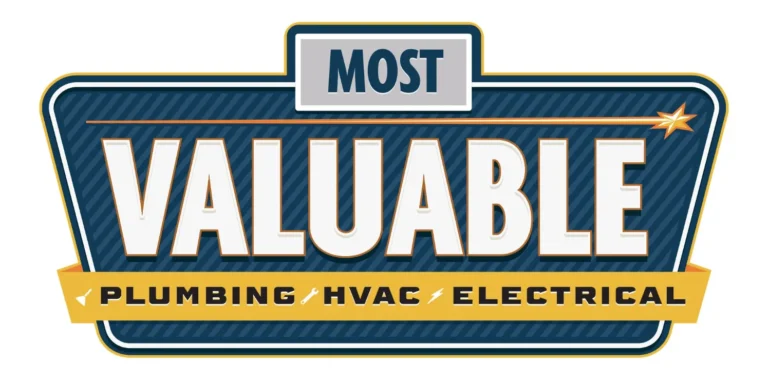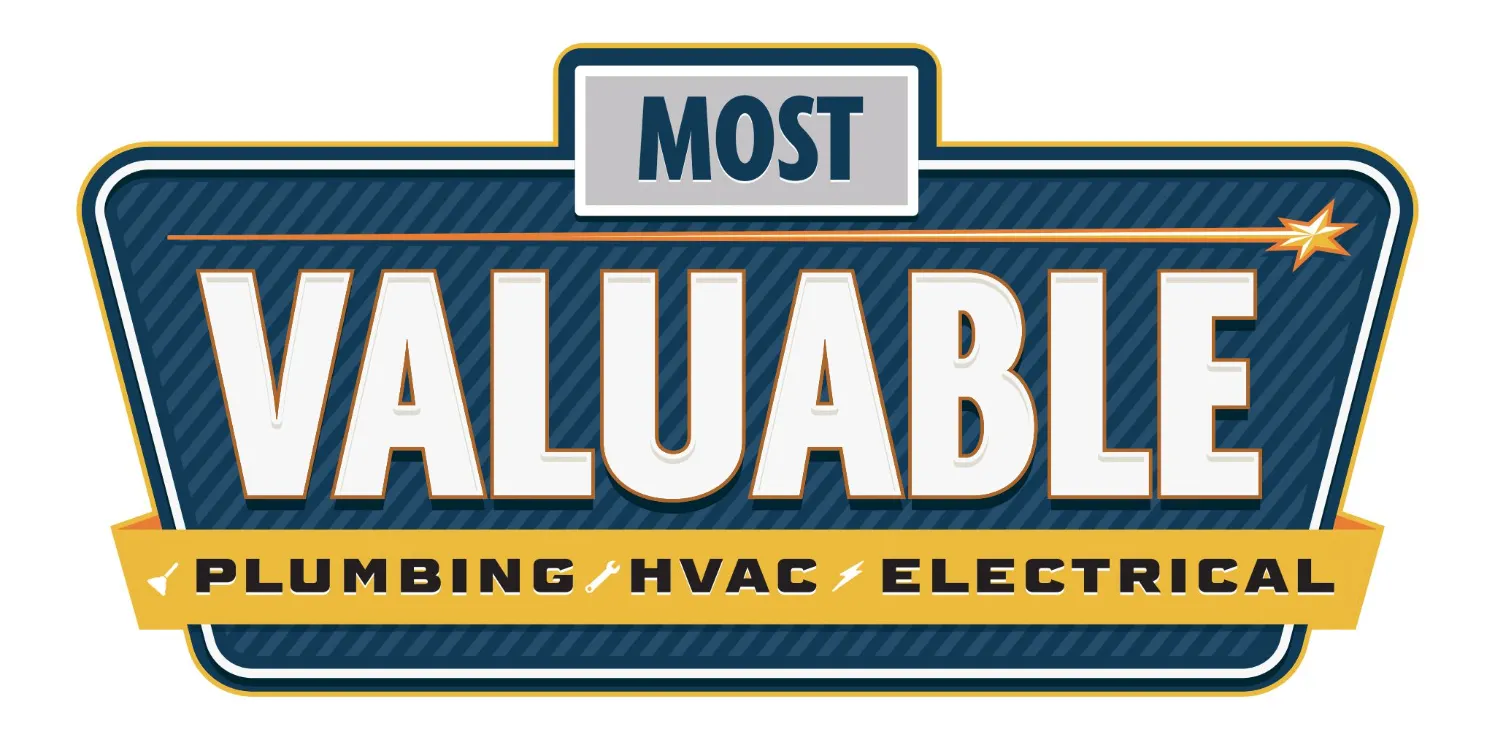Good drainage is crucial for keeping your home safe and dry. Without it, water can cause serious problems like flooding, mold, and damage to your home’s foundation. This article will talk about the importance of proper drainage. It also includes easy steps that a professional should take to achieve it. For professional help, call Most Valuable Plumber.
Are plumbing issues causing you stress? Turn to the pros at Most Valuable Plumber! Dial 855-458-9170 or explore Most Valuable Plumber to book your appointment. Your home deserves top-tier plumbing solutions!
Why Proper Drainage is Important
Prevents Flooding One of the main reasons to have good drainage is to prevent flooding. When rainwater or melting snow doesn’t drain away properly, it can collect around your home. This water can overflow and flood your basement or yard. Flooding can damage your belongings and make your home unsafe.
Protects Your Foundation Your home’s foundation supports the entire structure. If water collects around your foundation, it can weaken the soil and cause the foundation to crack. This can lead to expensive repairs and safety issues. Proper drainage helps keep your foundation strong by directing water away from it.
Reduces Mold and Mildew Moist environments are perfect for mold and mildew to grow. If water sits around your home, it can lead to mold problems. Mold can cause health issues and damage to your home’s walls, floors, and ceilings. Proper drainage helps keep areas dry and reduces the risk of mold growth.
Keeps Your Yard in Good Shape Good drainage helps maintain a healthy yard. Excess water can create puddles and muddy areas, which can harm your plants and lawn. By managing drainage properly, you can keep your yard looking its best and help your plants grow.
Call to schedule prompt service with Most Valuable Plumber: (818) 697-8263
Los Angeles County
Orange County
Ventura County
How to Achieve Proper Drainage
Inspect Your Gutters and Downspouts Gutters and downspouts play a big role in managing rainwater. They collect water from your roof and direct it away from your home.
Here’s how to keep them working properly:
Clean Gutters Regularly: Leaves and debris can clog gutters, so clean them out every few months. This prevents water from overflowing and causing damage.
Check Downspouts: Make sure downspouts are directing water away from your home’s foundation. If they are too close to your house, the water may still cause problems.
Ensure Proper Grading Grading refers to the slope of the ground around your home. Proper grading helps water flow away from your foundation. To check your grading:
Check the Slope: The ground should slope away from your home at a gentle angle. If it slopes toward your house, you may need to add soil to create a proper slope.
Look for Puddles: After rain, check for puddles around your home. If you see standing water, your grading might need adjustment. Install Drains and French Drains.
Drains help collect and direct water away from your home.
French drains are a type of drainage system that helps manage water flow:
Surface Drains: Install surface drains in areas where water tends to collect, like driveways or patios. These drains help direct water away from your home.
French Drains: A French drain is a trench filled with gravel and a perforated pipe. It collects water from around your foundation and directs it away from your home. If you have drainage issues, consider installing a French drain.
Maintain Your Yard A well-maintained yard can help manage water flow and prevent drainage problems:
Keep Your Lawn Healthy: Regularly mow and water your lawn. Healthy grass helps absorb water and reduce runoff.
Add Mulch: Mulch helps control erosion and keeps water in the soil. It also helps keep weeds away, which can improve water flow.
Use Rain Barrels Rain barrels collect rainwater from your downspouts. You can use this water for watering your garden or lawn.
Here’s how to use them:
Install a Rain Barrel: Place a rain barrel under a downspout to collect water. Make sure it has a cover to keep out debris and insects.
Use Collected Water Wisely: Use the water for gardening or other outdoor needs. This helps reduce runoff and conserves water.
Address Drainage Problems Early If you notice drainage issues around your home, address them as soon as possible. Waiting too long can lead to bigger problems.
Here’s what you can do:
Inspect for Issues: Regularly check for signs of poor drainage, such as water pooling or damp areas.
Fix Problems Quickly: If you see issues, take steps to fix them. This might include cleaning gutters, adjusting grading, or installing additional drains.
Conclusion
Good drainage is important to keep your home safe, dry, and in good shape. It helps stop flooding, protects your foundation, cuts down on mold, and keeps your yard healthy. To prevent issues, regularly check gutters, ensure proper ground slope, add drains, and maintain yard. This will help keep drainage functioning properly. If you have big drainage problems, hire Most Valuable Plumber to maintain your home.
FAQs
Why is proper drainage important for preventing flooding?
Proper drainage stops rainwater and melting snow from gathering around your home, preventing basement and yard flooding.
How does proper drainage protect a home’s foundation?
It helps keep water away from the foundation to prevent soil weakening and cracks, which can lead to costly repairs and safety issues.
Can proper drainage reduce mold and mildew growth?
Yes, good drainage keeps the area around your home dry, which helps stop mold and mildew that can harm your health and damage your house.
How does proper drainage benefit a yard?
Proper drainage prevents puddles and muddy spots, promoting a healthy yard and protecting plants and lawns.
What are some ways to achieve proper drainage around a home?
To get good drainage, keep gutters and downspouts clean, make sure the ground slopes away from your house, install drains, take care of your yard, and use rain barrels.


